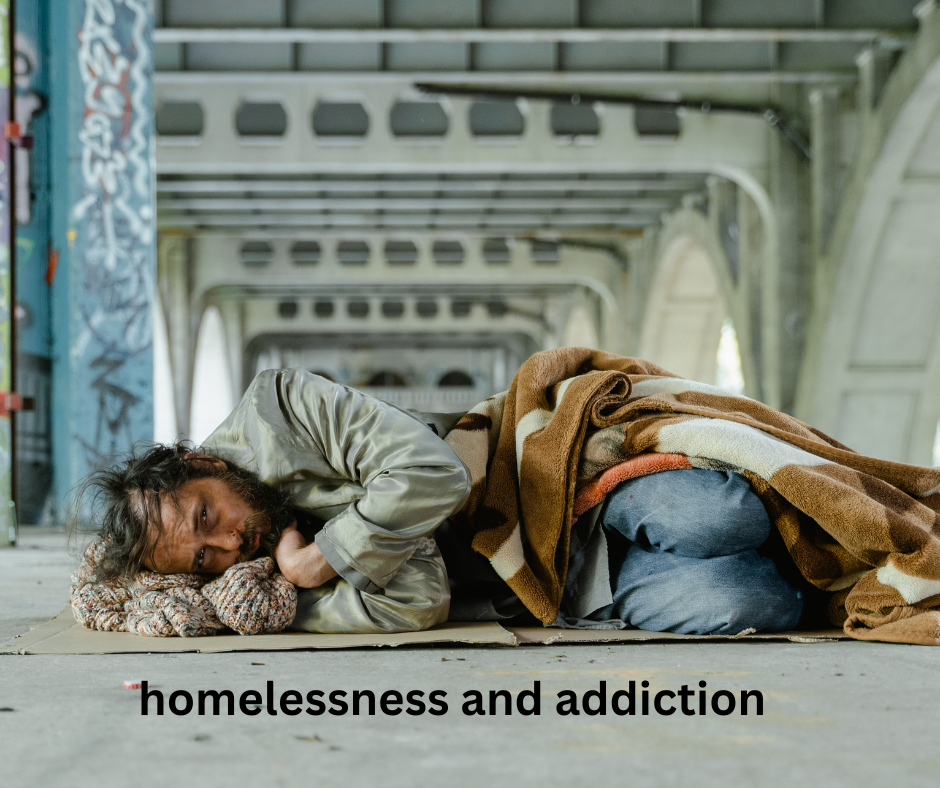
Homelessness and addiction are intertwined crises that affect millions of people worldwide. Addressing these issues requires comprehensive and innovative approaches that go beyond temporary relief to offer long-term solutions. Transformative programs that integrate housing, healthcare, and community support have proven to be effective in combating homelessness and addiction, providing individuals with the stability and resources they need to rebuild their lives. This article explores several key programs and strategies that are making a significant impact.
Housing First: A Foundation for Recovery
One of the most influential approaches in addressing homelessness and addiction is the Housing First model. This program operates on the principle that stable housing is a fundamental human right and a critical first step towards recovery. Unlike traditional models that require individuals to achieve sobriety before being eligible for housing, Housing First provides immediate access to permanent housing without preconditions. This approach recognizes that stable housing can provide the foundation needed for individuals to address other issues, including addiction.
Studies have shown that Housing First programs significantly reduce homelessness and improve retention in housing. Moreover, individuals in these programs often experience improvements in their mental health and reductions in substance use. The success of Housing First has led to its widespread adoption in cities across North America and Europe.
Integrated Healthcare Services
Addressing the health needs of individuals experiencing homelessness and addiction is crucial for successful recovery. Integrated healthcare services that combine medical care, mental health support, and addiction treatment can provide comprehensive care tailored to the unique needs of this population. Mobile health clinics, for instance, bring these services directly to individuals on the streets, reducing barriers to access.
Programs like Pathways to Housing PA in Philadelphia have demonstrated the effectiveness of integrating healthcare with housing support. By providing access to primary care, psychiatric services, and addiction treatment within the context of stable housing, these programs help individuals achieve better health outcomes and reduce hospitalizations.
Peer Support and Community Engagement
Peer support is a powerful component of transformative programs for homelessness and addiction. Individuals who have lived experience with homelessness and addiction can offer unique insights, empathy, and encouragement to those currently struggling. Peer support workers can help bridge the gap between service providers and individuals, fostering trust and engagement.
Community engagement is also essential in creating a supportive environment for recovery. Programs that involve local communities in outreach, support, and advocacy can help reduce stigma and build networks of care. For example, the Calgary Homeless Foundation’s “Peer Support Team” includes individuals with lived experience who provide guidance and support to those in shelters and on the streets, promoting a sense of community and shared purpose.
Employment and Skills Development
Economic stability is a critical factor in overcoming homelessness and addiction. Programs that focus on employment and skills development can empower individuals to achieve self-sufficiency. Job training, educational opportunities, and employment placement services help individuals build the skills and confidence needed to enter or re-enter the workforce.
The Ready, Willing & Able program in New York City combines housing, paid work, and life skills training to support men in overcoming homelessness and addiction. Participants receive temporary housing and work in social enterprises, gaining valuable experience and earning income while they transition to independent living.
Transformative programs that address homelessness and addiction through a comprehensive, integrated approach are essential for creating lasting change. By prioritizing stable housing, providing integrated healthcare, fostering peer support and community engagement, and promoting economic stability, these programs offer individuals the resources and opportunities needed to rebuild their lives. As communities continue to innovate and invest in these strategies, there is hope for reducing homelessness and addiction, paving the way for a brighter future for all.